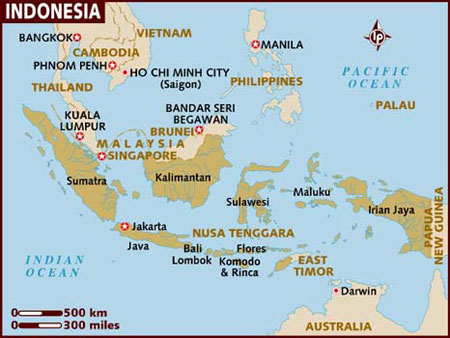When American consumers think of cigars, thoughts usually turn toward Cuba and other countries in Central and South America—not to Indonesia. Nonetheless, Indonesia is enjoying success with its Besuki wrappers as well as its Sumatra tobacco leaves, which are used as binders, fillers, and wrappers. Originally, Besuki referred to a type of tobacco that was specifically grown in East Java. The quality of this crop can vary and it is not as popular as it once was. The rest of the tobacco industry in Indonesia is concentrated in East and West Java as well as the island of Sumatra.
From Perelman’s primer: “grown in the Jember region of Java in Indonesia… there are two types of Besuki: “Vroege oogst” (VO) which is Dutch for “early harvest” and “No oogst” (NO) or “late harvest”. Used often in Dutch “dry” cigars which do not need normal humidification. This tobacco was controlled for a long time primarily by Consolidated Tobacco in the 90s.”
Example
- Agio Mehari
Other Versions
Besuki TBN is often described just as a “Sumatran” wrapper, but is different. TBN stands for “Tembakau Bawah Naungan” which translates to “tobacco under sheet” or more commonly referred to as shade grown. This plant was developed in the 1980s and grown under shade in Indonesia for wrappers. It’s a crossbreed of the Besuki and Connecticut styles and has been a great deal more successful than the original Besuki tobacco, owing to more quality control. Most notably it has been used in the H. Upmann and Romeo y Julieta non-Cuban lines. It has also been used in the Indonesian-made Lotus cigar line. Besuki TBN has received a great deal of support from Indonesian customers as well as customers around the world, particularly in the United States.
Besuki TBN accounts for more than 50% of the tobacco wrapper leaves grown in Indonesia, but Sumatra leaf also deserves a quick note; while Sumatra leaf is regularly confused with Besuki TBN, it is a different crop with a spicy flavor. Around 70% of the Sumatra leaves grown are used as wrappers (75% for Besuki TBN leaves). Even though Indonesia may not be as readily identified with the tobacco industry as countries in Central and South America, times are optimistic for the island nation’s tobacco growers and premium cigar manufacturers.



Very interesting reading, I am a Swedish hobby grower of tobacco and think that your site is very informative..
I have a Indonesian variants named “Besuki H832” that is collected in Indonesia (seems like it is one of the most popular variants there right now).